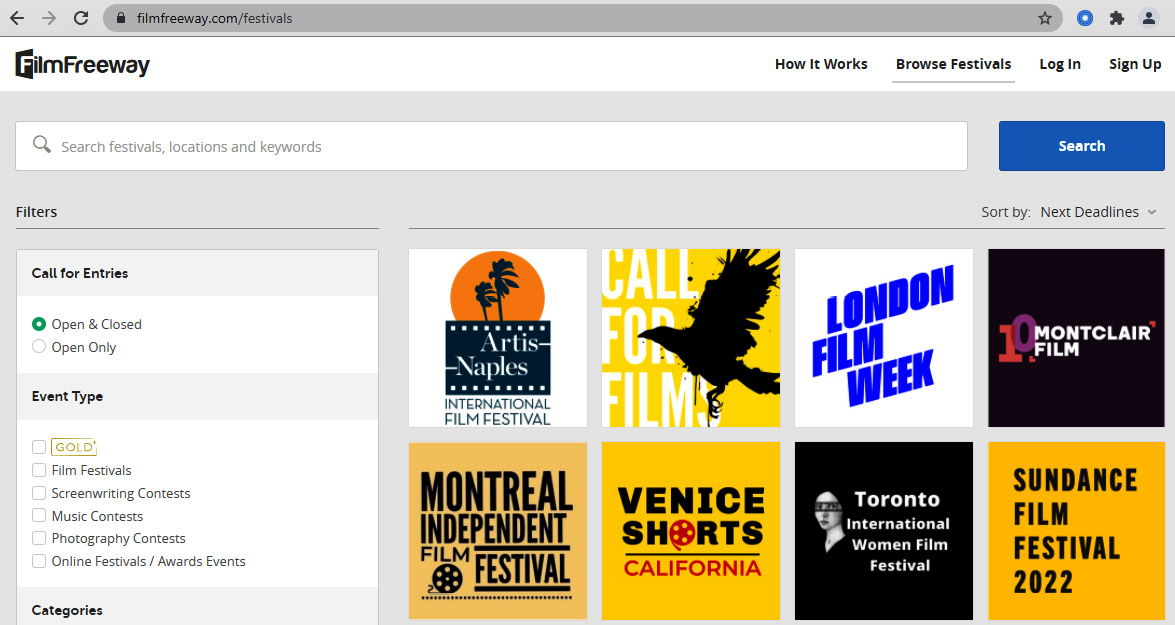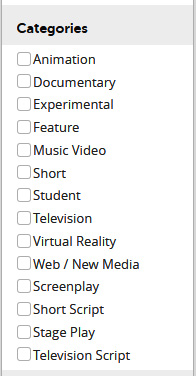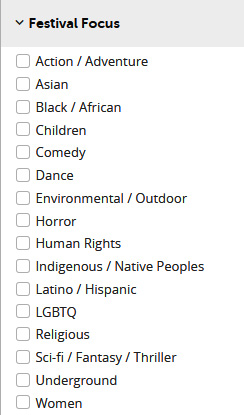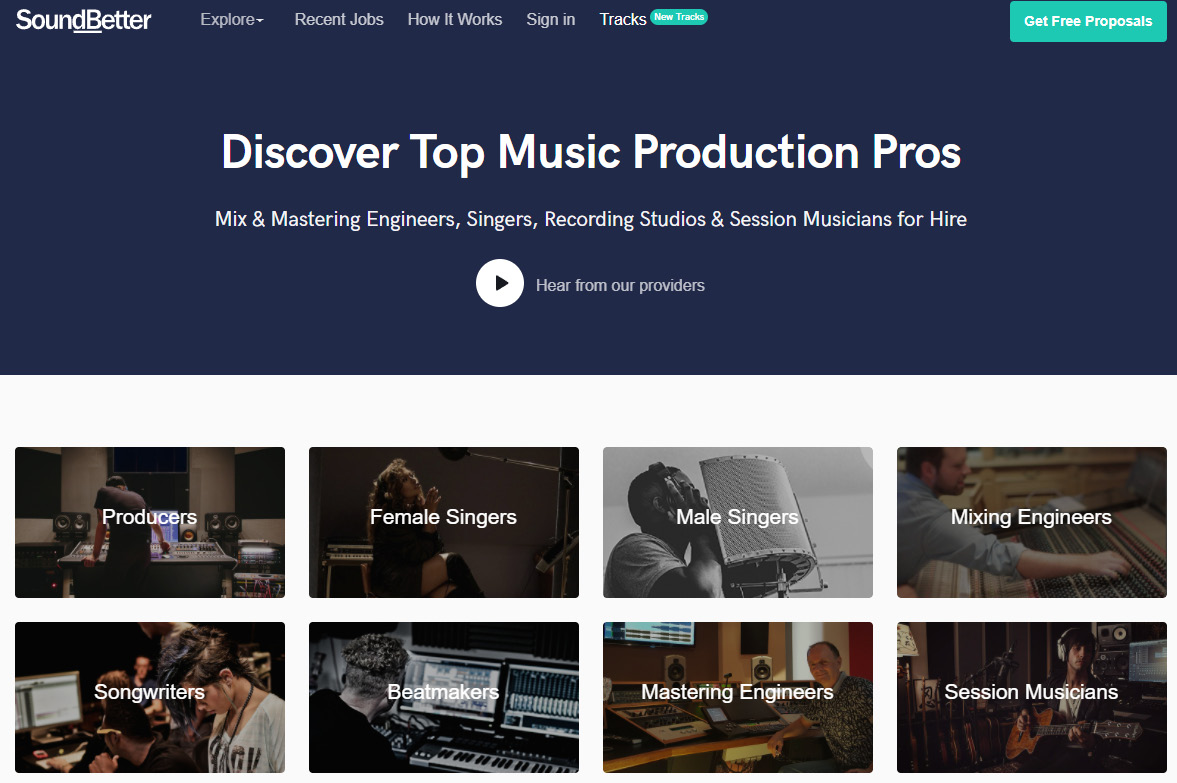Landing your first composing gig
Landing a job creating music for clients is not like getting a regular office job. Music jobs are rarely posted on job boards and the interview is different from traditional interviews. This is for a good reason. The task of composing music requires a very specific set of traits that are not easily evaluated by reading a resume or asking traditional interview questions.
Let's take a moment to put ourselves in the client's shoes. Imagine you're a director who has just finished creating a movie. You've spent time carefully revising a script, running casting calls to find actors who look the part and have the right chemistry, scouting filming locations, and planning shoots, and are finally in the process of editing the footage in postproduction. You now need scenes in your film to hit certain emotions, and you need music that's tailored just right to do this.
After expending all that effort trying to make sure every detail fits the film precisely, do you think you would hire someone you've never met to make the music? Perhaps if they're famous with a solid track record you might. But if you haven't heard of them before, then you're going to need some evidence to prove they can deliver. You need to trust that whatever music is composed will be aligned with the overall style of the film. That information can't be obtained by reading a resume or asking traditional interview questions.
When a client needs someone to compose music for their project, the first thing they do is think about their current connections. Is there someone they already know who can do the job? With the exception of music videos, the music doesn't come first—the project comes first…which means the music is often an afterthought. An important afterthought, but if there is no project, then no one is asking for music.
What does this mean? It means that the best odds of you landing a music job is being already known by the people creating projects. Ideally, they should know about you long before they start looking for someone to compose music. If you want to compose music for films, you should be hanging around with people who are actively making films. If you want to compose music for video games, you need to be hanging out with people who are making video games.
Figure out which films or video games are getting created locally and find ways to enter those communities. Learn everything you can about the projects getting created. Ask questions, explore their past projects, and volunteer to help with their projects in any way that you can. The more you can do to establish your presence, the more natural it will be for you to compose music for them. Of course, you also need to establish yourself as a capable and professional music composer.
How to establish yourself as a professional
What should you do before you start applying for composing jobs? You should do everything you can to establish a brand portraying you as a capable music-composing professional. There are lots of musicians out there—only a subset of them can make original music for other people in a professional setting. You want potential clients to know that you are part of that special group.
Many good live musicians don't have the skills to be good composers, while many composers aren't great live musicians. There's overlap for sure, but there is also a separate composer skillset that is required to do composing that is much more than being good at playing music. Not to worry, though—this book will teach you everything you need to know to get your skills up to par.
Here are a few quick steps to make you appear instantly more professional to potential clients:
- Have a professional-looking music website that displays your music and music-creating services. The website should at a minimum have samples of your music, a short biography about you, and your contact information.
- Have your past music easily accessible so you can provide it at a moment's notice. I personally use SoundCloud as my site of choice when I need to provide links to my portfolio. SoundCloud is a website where you can upload your music, and listeners can listen to it without having to log in.
To learn more about SoundCloud, visit https://soundcloud.com.
- Get business cards. Even though people don't need business cards anymore when contact information can be plugged into your phone, a business card makes people think you're serious about what you do. Business cards are also convenient to hand out at events. If you don't have business cards already, go make some.
- Create an email account dedicated to music business-related activities. Make sure your email address sounds professional.
- Create a Facebook page dedicated to your music-related business. When you share a post saying that you made music for a project, it acts as free advertisement for you.
- Even better than a Facebook page, create a local community group or Facebook group related to your music business. When I was in university, I wanted to create films, but there weren't any film-making groups on campus. So, I created my own. This helped to foster a community of filmmakers and gave me opportunities to get started creating my music portfolio. I was also lucky enough to enroll in classes about creating video games, which gave me my first shot at composing for games. If you're a student, you have a golden opportunity to organize student groups around music/films/video games. There are always lots of like-minded people eager to join as members. Make the most of these student opportunities while you can.
Next, let's talk about networking.
How to network
If you want to compose, you should be going to meetup events where films and games are being planned. Find out where the producers, filmmakers, actors, and writers are gathering.
If you're interested in finding existing groups or creating a local community group, consider checking out the following website: https://meetup.com/. Meetup is a website that helps you find or host local events. Sometimes, you can find film- or video game-related events near you. If they aren't any nearby, consider starting a Meetup group yourself.
Another good place to start networking is at amateur film festivals, where there are always parties for meeting and greeting. Meet and greets at festivals may not be specifically listed on the event brochure. If so, ask around at the event, and you'll invariably discover that some members are going for refreshments afterward. At meet and greets, give your business card to everyone before you leave, and get their contact information. Do everything you can to make friends with the people who are the project creators.
After the event, send a text or email reminding people of who you are, something relevant to the conversation you had with them, and that you'd like to follow up. Perhaps send them a link to a song you made. Then, routinely follow up with them on a regular basis by calling or sending them a message to keep up to date with their activities. I have always found the atmosphere at amateur film festivals to be inclusive and welcoming to newcomers, so if you're new, this is a good place to start.
It's unlikely that meeting someone at a meet-and-greet event will land you a job outright. I've never seen that happen at a first meeting. It's always a series of bumping into the same people at several events until people eventually begin to recognize your face. Each time they see you, it becomes easier to make yourself relevant to their project. Then, when you feel it's time, mention you have some music you'd like to send to them for consideration.
Don't know what to do at these events to get started when networking or how to break the ice? Here are some safe conversation starters:
- I find it's often good to play the new-in-town card. People like to introduce new people to events. You can ask what the host likes about the event and how they got into it and ask who's attending and whether you can be introduced to them. Even if you've been to a particular event once or twice before, sometimes it still helps to pretend that you'd like to be introduced around as this can make it easier to enter into a new circle.
- What project are you working on at the moment? Be genuinely curious and find out any details that you can about their project. People like to brag. When they brag, you can learn a lot if you listen.
- How did you get into ____? For example, directing, producing, writing, game making, and so on.
You can volunteer to help organize existing networking events; this is an easy way to get your foot in the door and make yourself relevant. It might even give you the opportunity to show off some of your past work. Perhaps you can find some excuse for a demonstration to show off your past projects. If there's some way you can make a short presentation, it's a guaranteed way to get your face recognized at an event.
What if I don't already have a portfolio of music?
In order to get a composing gig, you usually need to have some previous music-composing experience. People want to see what you've created in the past before they can trust you. In the beginning, it may feel like a nasty loop you're stuck in. You need work to get experience, but you need experience to get work. What if you don't have any past work to point at? Then, you may need to create some work for yourself. Sign up to create films for amateur film festivals. Go to these film festivals and try to recruit people who are interested in creating a short film. These people may turn out to be looking to hire a composer further down the road or—more likely—happen to know an event to attend or someone who happens to be working on a project.
There are lots of film contests that are open to the public. If you're interested in submitting films to film festivals, the following website lists festivals, contact information, and submission criteria to enter into them: https://filmfreeway.com/. You can see a screenshot from the FilmFreeway website here:

Figure 1.1 – FilmFreeway
The FilmFreeway website has filters that help you narrow down the type of film that you want to participate in. You can filter for entry fees, countries, dates, and submission deadlines. The website breaks down film festivals into the following categories to make it easy to find the type of film you're interested in:

Figure 1.2 – FilmFreeway Categories
In addition to Categories, you can also filter by the film's genre/focus:

Figure 1.3 – FilmFreeway Festival Focus
If you're looking to find film festivals to participate in, FilmFreeway is an excellent resource.
In recent years, I've found Facebook to be a useful tool for cold calling. On Facebook, you can join Facebook groups dedicated to your local film- and game-making community. In these groups, you can see postings from people networking and making film role-call postings. I've found that messaging people in these groups can sometimes lead to gigs or referrals. Even if a post is only to recruit actors, applying with an email describing the services you offer can sometimes get your foot in the door. On several occasions, I've found that applying as a composer to an actor role call has led to an opportunity.
When you find a contact who is in need of music, you need to find a way to show that you are the best person for the job. If you send a generic resume, you're probably not going to get the job. Before applying, research everything about the project you can find. When sending an initial message to the client, explain how you can create music that is tailored to their project. Then, go and create some demo music that you think would fit their project. Best-case scenario—the creator loves the demo music, and you have a starting musical idea to build off of. Worst-case scenario—you created some music for free that you can add to your portfolio. But if you're reading this book, it means you love making music, so you should think of this as fun rather than being a burden. The goal is to get a job making music. How do you get that job? You make music. See, you're already winning!
A worthy mention is the following website: https://soundbetter.com/. You can see a screenshot from the SoundBetter website here:

Figure 1.4 – SoundBetter
The SoundBetter website allows you to hire or sell music-related services. You can list your services for hire on this site. There's a section of the site dedicated to music job postings.
Landing a composing gig is hard if you approach it through traditional job search methods. Composing gigs are rarely advertised to the public. If you're looking for job postings to send your resume, you're probably going to have a hard time. Most composing gigs come from established networks. They come from people who already know you and your work. You need to go and establish relationships with people who are actively creating music-related projects long before they need music.
The good news is that once you've landed one gig, the client will often use your services time and time again, and it'll be much easier to find referrals for further projects.

































































